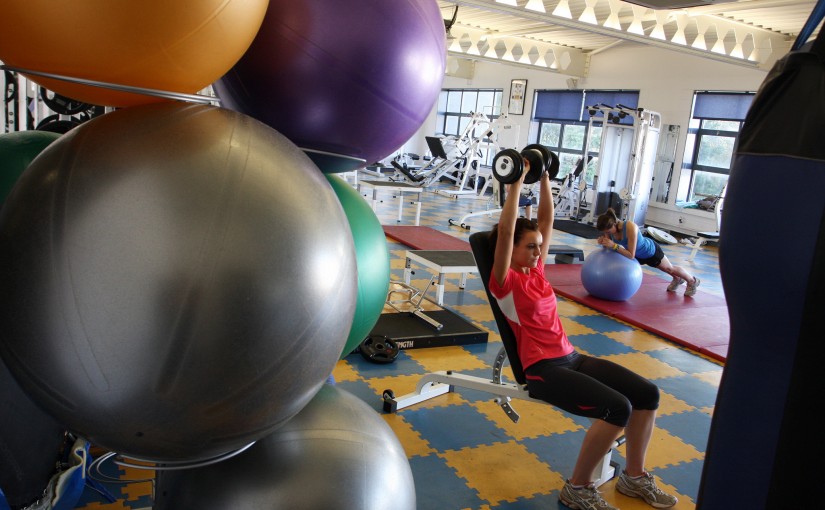(Photo credit: Learn English at DCU/Creative Commons)
Want to pump more weights, run a longer distance or be a better soccer player?
“Practice makes perfect” is one of the best pieces of advice out there for anyone looking to improve their performance, but there’s another habit that all athletes follow – drinking cold water while exercising. It’s simple advice that’s sometimes forgotten.
The warmth you feel while working out is your body working harder, which raises your core body temperature above its normal 37°C. To regulate your body temperature, you sweat. But when you sweat profusely, your body sheds water and electrolytes and once you lose more than two per cent of your body weight, you’re dehydrated and your performance takes a hit.
The warmer your body temperature, the harder it is to focus and combat fatigue. Ignoring the symptoms can result in heat stroke, which is more likely if you’re exercising on a hot day or in a humid environment.
One study discovered that taking sips of cold water before and after your workout improves your endurance by about 23 per cent since less heat accumulates in your body. If you’ve watched the Olympics, you know how much of a difference one or two seconds can make in speed skating event, a 100-kilometre race or a hockey game.
Like many things, moderation is key. Drink too much and your stomach cramps. Drink too little and your body loses its ability to function properly.
The amount of water you drink varies based on many different factors, such as how much a person sweats and how much electrolytes they’ve lost, the type of exercise, the length of exercise time, the weather, the equipment used, metabolism and heat acclimatization.
According to the American College of Sports Medicine, if a 154 pound (70 kg) person does moderate exercise, such as a brisk walk or slow jog, they should drink about 0.6 litres of water per hour.
If you take it up a notch with high intensity exercise, you’ll need to monitor your fluid intake before, during and after your exercise.
Pre-workout: You should be drinking liquids hours before you lift your first dumbbell since this helps your body absorb fluids and retain normal urine levels. Don’t feel thirsty? Eat a small meal or salty snack to encourage your thirst.
How much water should you drink? Before exercising, drink five to ten millilitres (mL) of water for one kilogram of your body weight. This means someone who’s 154 pounds should drink 350 to 700 mL at least four hours before working out.
During workout: Each person loses water at a different rate. To figure out the amount of water you should be drinking, weigh yourself before and after you exercise and replenish your body’s fluids with drinks packed with electrolytes. Carbohydrates will also help balance your electrolytes and boost your performance.
How much water should you drink? Drink six to twelve mL of liquids for one kilogram of your body weight for each hour of exercise. A 154-pound person should drink 400 to 800 mL per hour, which is about three to four servings.
Post-workout: Restore your body’s hydration faster by ingesting drinks and snacks with sodium.
How much water should you drink? For every one kilogram of body mass lost after exercising, drink 1.5 litres of fluid, unless you’ve been working out for hours and replenishing your fluids at the same time.
Don’t worry about having enough hot or cold water stored away with the right water cooler solution. You’ll be saving money and helping the environment too by regularly refilling your water bottle.
